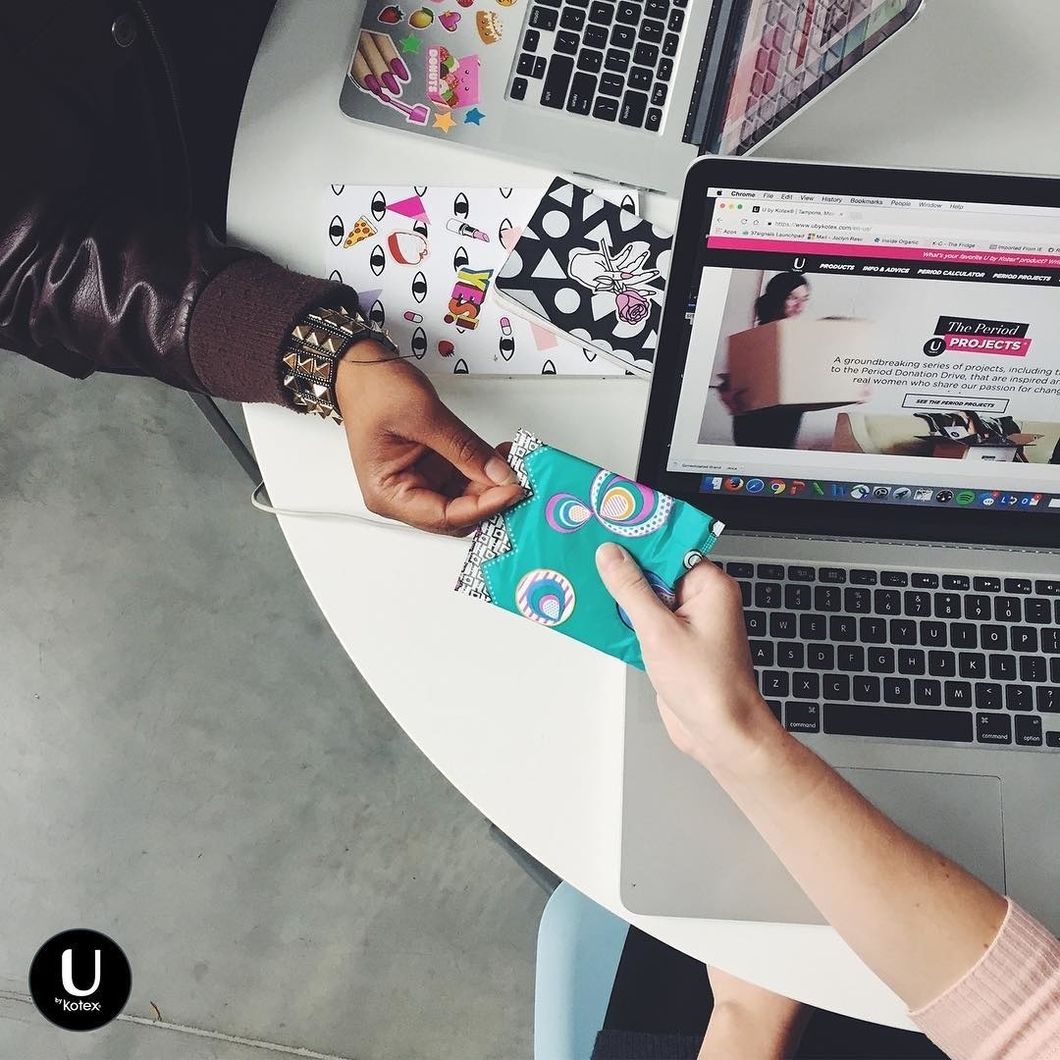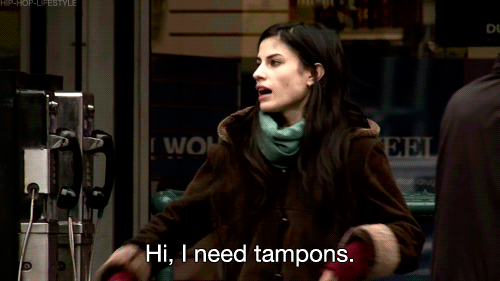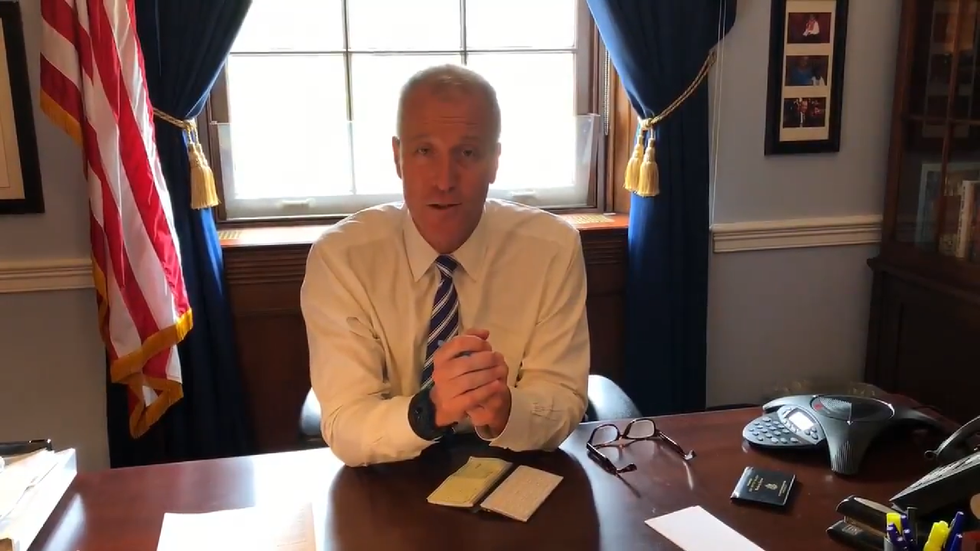Why Period Products Should Be Free
Women's health tends to be a controversial topic politically. Why?
I know. Periods. This is a highly stigmatized topic in our society and is still seen as taboo. People squirm and feel uncomfortable at the mere mention of them, or avoid talking about them in general. Conditioned to think that this process is unnatural, I sometimes fall victim to these trains of thought from time. However, it is essential that we rewrite the narrative pertaining to this natural phenomenon.
In the United States, we are fortunate to have access to a wide variety of feminine hygiene products because we are a fairly feminist country (to clarify, I want to mention that there are still leaps and bounds to be made, but that is a story for another day). There are nations worldwide in which menstruation still inhibits access to resources. In countries like Zimbabwe, young girls in rural areas sometimes have to avoid any social situations for risk of others knowing. Missing out on opportunities, like the ability to attend school, inhibits their ability to succeed and therefore keeps them in this position.
The tampon tax is a coined term referring to the fact that pads, tampons, menstrual cups, and other period products are subject to value-added tax unique other goods that receive a tax exemption based on their classification as necessary. Periods, and honestly women's health in general, have recently been established as political battlefields, with the soldiers mainly men. Women do not get a choice in whether or not they have periods. They also do not get a choice of where they get them, their flow, or any aspect of them because they are normal bodily functions. The need for society to treat period products as a basic necessity is rising. Additionally, it only costs approximately $4.67 per female student to provide period products for a year, according to Nancy Kramer, founder of the "Free the Tampon" movement in Ohio. For less than $5, we can institute a movement to show support of women and their reproductive health.
While I recognize that there is a significant issue in developed countries, as intersectional feminists, we need to advocate for advanced women's care in underdeveloped nations; areas that need it the most. While in the United States, feminine hygiene products are seen as luxuries and periods are seen as gross, there are regions of the world in which periods are seen as appalling and a reason why women should be seen as inferior to men. This movement begins with menstruation education and advocacy for the female population.


























